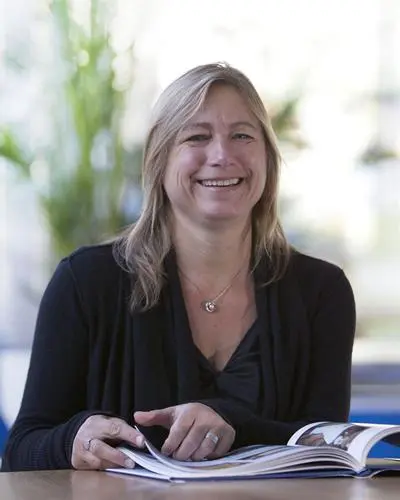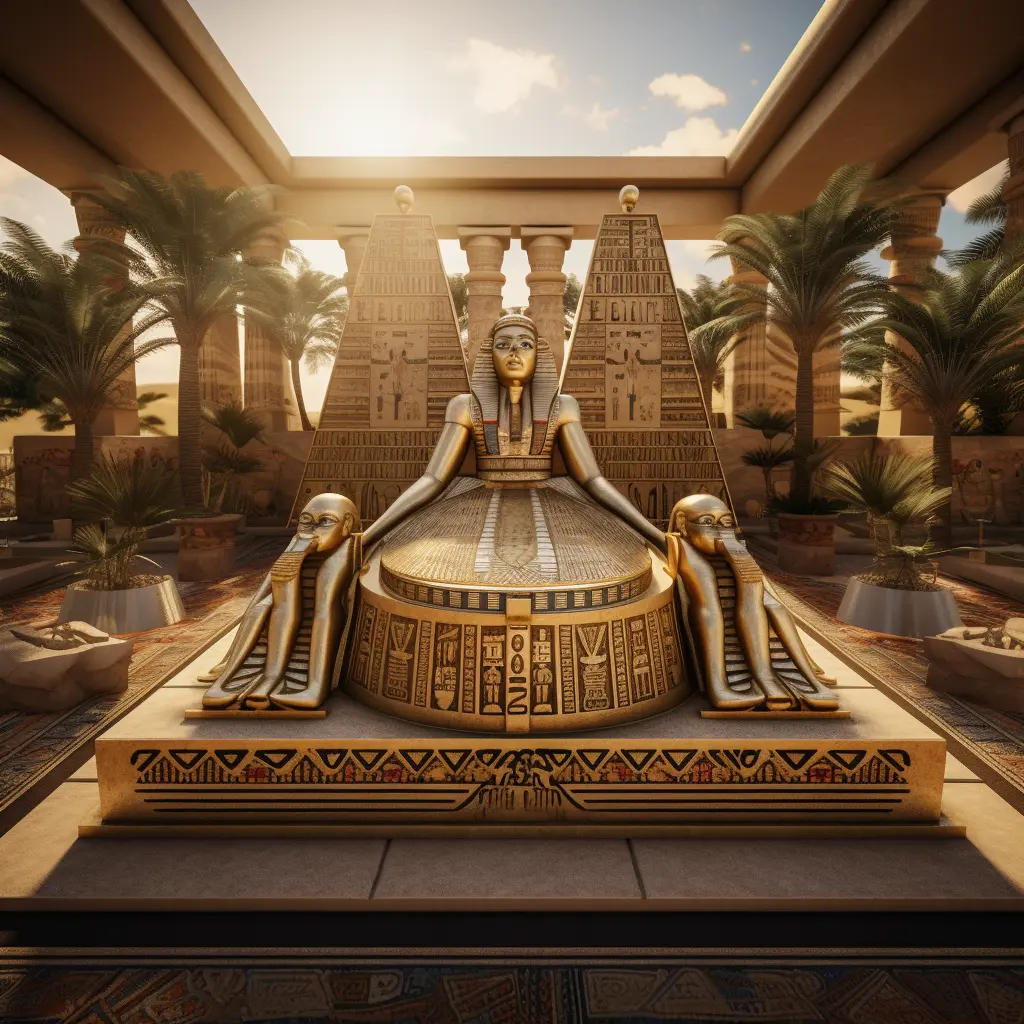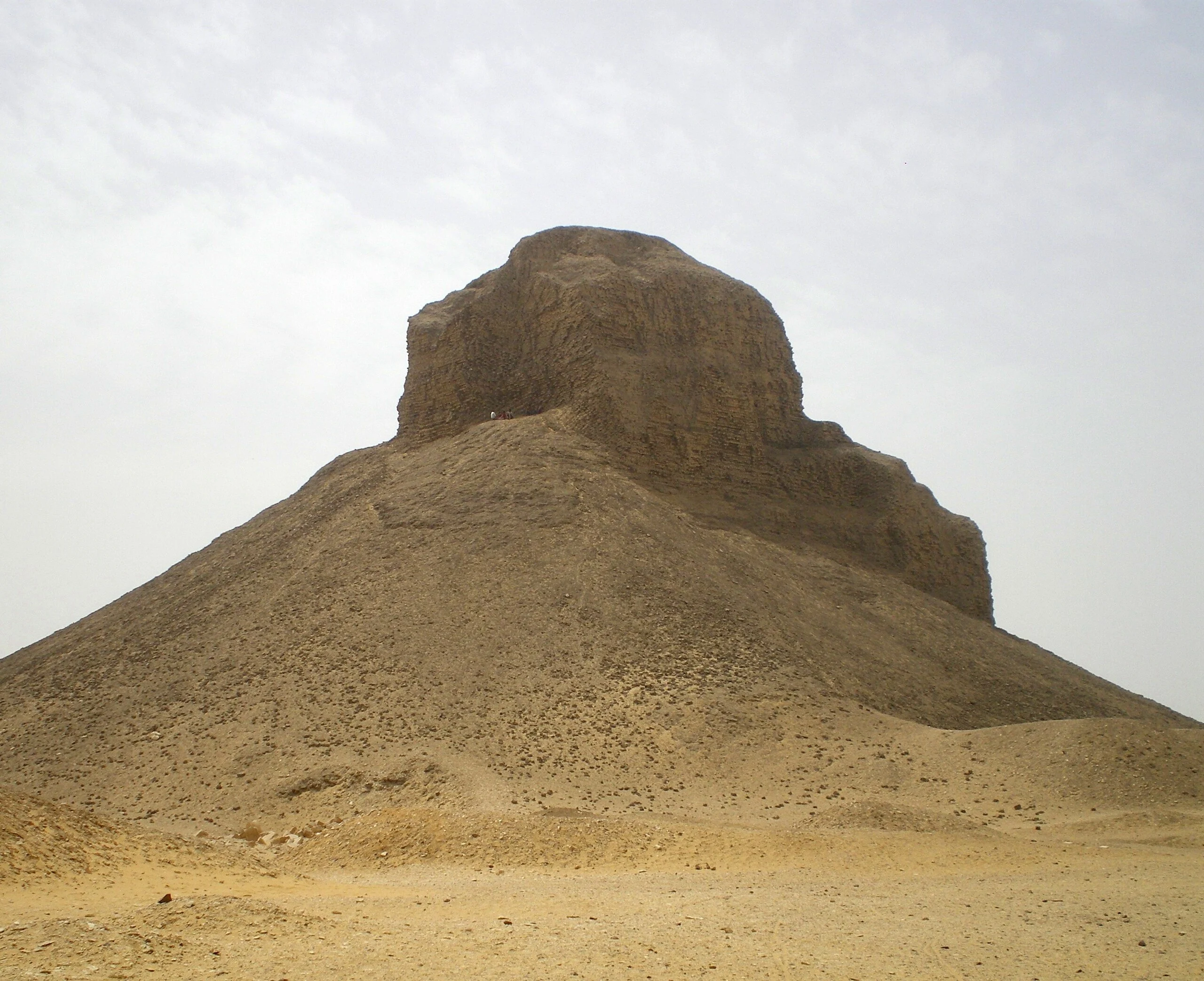
The Life and Achievements of Dr. Lucy Blue
Biography of Dr. Lucy Blue
Hailing from the UK, the esteemed Dr. Lucy Blue is a renowned maritime archaeologist credited with significant contributions to the field. She earned her Ph.D. from the University of Southampton, specializing in ancient seafaring. Her illustrious career includes her role as a presenter for BBC’s popular series ‘Coast’. She explores seafaring heritage as an important tool for bringing disparate cultures together. In addition to her roles as Head of Maritime Archaeology at the Honor Frost Foundation, she continues to publish influential research and inspire budding marine archaeologists globally. Her body of work sets a gold standard for maritime archaeological research.
Notable Works in Archaeology done by Dr. Lucy Blue
Throughout her illustrious career, Dr. Blue has spearheaded significant archaeological initiatives, consistently presenting fresh perspectives on maritime archaeology. Most noteworthy was her pivotal work on the ‘Sea of Galilee Boat,’ an ancient vessel found in Israel, where she offered profound insights into ancient shipbuilding and seafaring activities. She was also central to ‘The Boatlab Project’, promoting maritime cultural heritage through participatory archaeology. Furthermore, her influential publications on ship graffiti in the temples of upper Egypt revolutionised the interpretation of seafaring in the ancient world. Each of her contributions has enriched the field, further amplifying Dr. Blue’s impact in archaeology.
Recognitions and Awards received by Dr. Lucy Blue
In the field of maritime archaeology, Dr. Lucy Blue is a distinguished figure receiving numerous accolades for her exceptional contributions. Her groundbreaking work on ancient seafaring and coastal communities led to her being bestowed with the Nautical Archaeology Society’s prestigious Keith Muckelroy Award. The Society for American Archaeology also lauded her contributions with the ‘Book of the Year’ award. In addition to these prestigious recognitions, Dr. Blue has been lauded by various international institutions for her role in safeguarding world’s maritime heritage. These awards have cemented Dr. Blue’s position as an influential and trailblazing figure in her domain.
Specializations of Dr. Lucy Blue
Marine Archaeology
As one of the forefront figures in underwater exploration, Dr. Lucy Blue’s expertise extends significantly into the realm of Marine Archaeology. Harnessing the power of advanced underwater technology, her work involves investigating and documenting submerged artifacts and structures, often dating back to ancient eras. Her research includes excavation of shipwrecks and coastal settlements which offer invaluable insights into past maritime practices. Dr. Blue’s endeavors in this unique sub-discipline have not only contributed to the broader field of archaeology, but have also helped illuminate humanity’s historical relationship with the sea. As part of her specialization, she has also developed innovative techniques for underwater archaeology.
Nautical Archaeology
Highly regarded in her field, Dr. Lucy Blue has carved her niche in Nautical Archaeology, studying human interaction with the sea, lakes, and rivers through the ages. Her substantial analysis has primarily focused on the excavation and conservation of submerged artifacts, wrecks, and other underwater archaeological sites. Using scientific methods, Blue has explored historically significant shipwrecks and marine structures that throw light on the naval architecture and maritime trade of past civilizations. Her work in the application of maritime archaeological research for the management of the marine environment is greatly revered among experts.
Underwater Cultural Heritage
As a notable expert in maritime archaeology, Dr. Lucy Blue’s proficiency extends significantly into the field of Underwater Cultural Heritage. Her exceptional research work elucidates the rich remnants submerged beneath the water bodies, sharing stories of humanity’s historical interactions with the sea. Focusing on ancient shipwrecks and their cargos, sunken cities, and other submerged archaeological sites, she strives to uncover, preserve, and interpret these submerged artefacts. Through her endeavors, Dr. Blue assists in protecting the priceless submerged heritage, while cultivating appreciation for the intricate past that lies beneath the world’s waters, ever aiming to widen the perspective of general historical understanding.
Related: The Mind-Blowing Story Of The Half Moon Underwater
Noteworthy Archaeological Sites
Excavations lead by Dr. Lucy Blue
One of the eminent sites supervised by Dr. Blue is the iconic underwater city of Pavlopetri in Greece. Over the years, Dr. Blue and her team have employed a meticulous approach to unearth the submerged ruins believed to date back to 2800 BC, thus regarded as one of the oldest submerged cities. Advances in marine technology were used to create a detailed three-dimensional map, revealing comprehensive city planning complete with roads, buildings and even central courtyards. Dr. Blue’s expertise and passion for maritime archaeology have significantly advanced the understanding of ancient civilizations and their relationship with the sea.
Case Study: The Black Sea
Under Dr. Lucy Blue’s guidance, the Black Sea has become an archaeological hotspot, home to artifacts and shipwrecks that provide a wealth of knowledge about ancient seafaring cultures. The anoxic conditions of the sea’s lower depths preserve wooden structures, often for millennia, allowing researchers an unparalleled view of shipbuilding techniques throughout history. In one notable find, Dr. Blue’s team discovered a well-preserved Greek trading ship, dated approximately 400 B.C., along with its cargo. This find, among others, has allowed for greater understanding of maritime trade, warfare, and technology of the period. The Black Sea continues to offer exciting prospects in underwater archaeology.
Impact on Historical Understanding
Dr. Lucy Blue has significantly enhanced historical understanding through her focused study of underwater archaeology. Her excavations at site-rich areas like the Red Sea and the Mediterranean unearthed artifacts that shed light on maritime traditions, trade routes, and socio-cultural interactions from past civilizations. The interpretations from these findings, based on her thorough and accurate analysis, have been substantial in reframing historical narratives. Her diligent efforts at these pivotal locations have uncovered vast layers of forgotten histories buried deep within the sea beds, forging deeper insights into the complexities and advancements of human societies in ancient times.
Education and Careers in Archaeology
How to Become an Archaeologist
Embarking on a career in archaeology often starts with a bachelor’s degree in archaeology, anthropology, or a related field. This forms the foundation for understanding human history and cultures. Advancing in the profession typically calls for a master’s degree or a doctorate, with a focus on a specialized area. Practical experience is paramount, so engaging in fieldwork through internships or volunteering at digs enhances your prospects. Additionally, developing skills in a foreign language, GIS technology, and data analysis can prove advantageous. Lastly, passionate researchers may opt for positions in academia, museums, or cultural heritage bodies, requiring a commitment to ongoing learning.
Opportunities in Marine and Nautical Archaeology
Pursuing a career in Marine and Nautical Archaeology opens up a world of possibility for the curious and adventure-seeking individuals. Universities across the globe offer specialized courses and degrees in this dynamic discipline. As an emerging field, it affords a range of exciting opportunities such as underwater excavations, research on historic shipwrecks, or studying ancient coastal settlements. Job scenarios can vary from academic research positions, curator roles in museums to consultancy for cultural heritage agencies. Post-graduation, one might work on preserving or managing our underwater cultural heritage, helping unravel mysteries of the deep past.
Advice for Aspiring Archaeologists from Dr. Lucy Blue-
Renowned marine archaeologist, Dr. Lucy Blue, imparts invaluable advice for those enthusiastic about venturing into the field of archaeology. Her foremost counsel pertains to education – it is critical to garner a broad array of knowledge, including anthropology, history, geology and chemistry along with the specialized study of archaeology. This comprehensive learning aids in deciphering various socio-cultural, geological, and historical aspects associated with archaeological discoveries. Beyond academics, Dr. Blue emphasizes the significance of gaining ‘hands-on’ experience.
Fieldwork, she believes, fortifies theoretical understanding. Engaging in excavations, attending archaeology workshops, or internships at museums can offer such practical exposure. Another key advice is the pursuit of a niche specialization, owing to the vastness of the field. Lastly, she insists on perseverance and passion as archaeology often requires tedious groundwork and extended periods of research. Dr. Blue’s words offer a well-rounded insight into the education and career aspects of archaeology.



